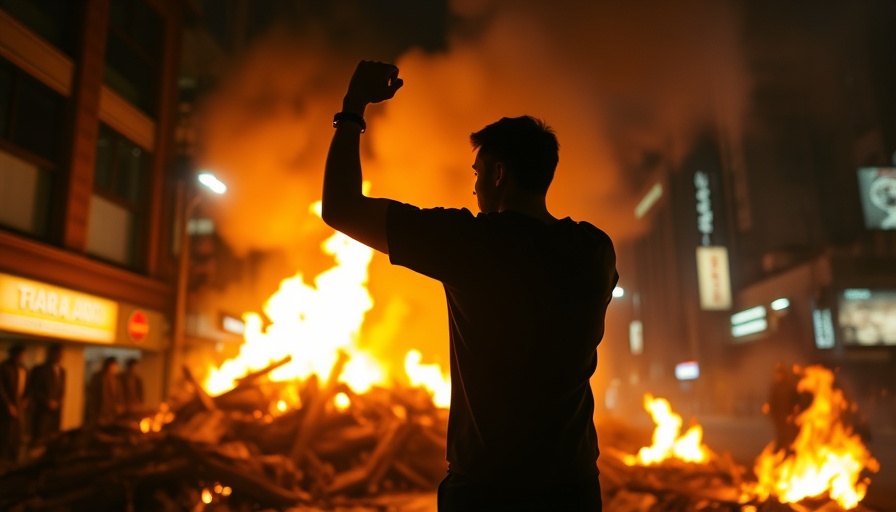
Understanding Vandalism in the Context of Faith
In our times of social unrest and personal grievances, it can sometimes feel tempting to express our frustration in ways that go against our moral principles. Recently, acts of vandalism, notably against companies like Tesla, have stirred up debates regarding what constitutes righteous resistance. For families fostering strong biblical values, it’s essential to unpack whether such actions truly align with our faith's teachings.
The Impact of Actions on Our Community
Every family centers around the importance of community and relationships. When we engage in vandalism, even in the name of a cause, we can inadvertently harm our neighbors and disrupt the very fabric of unity we wish to preserve. It’s crucial to remember that as Christians, our actions serve as reflections of our faith. Instead of choosing destruction, we can focus on constructive solutions that advocate for change without undermining the communities we belong to.
Lessons from Scripture on Bearing Witness
Scripture teaches us to bear witness through our actions. Romans 12:21 encourages us to overcome evil with good. This means that when we face injustices, we should respond in loving, peaceful manners. Families can serve as role models by choosing dialogue and constructive action over destruction, showing our children that faith and activism can go hand-in-hand in a righteous way.
Building a Legacy of Peaceful Activism
Vandalism sends a mixed message about our values. Families longing to leave a positive legacy must focus on helping their children learn about advocacy through peace and constructive dialogue. Parents can foster conversations about how to address social issues in ways that build bridges rather than burn them, instilling values of kindness and thoughtfulness as paramount in their children’s activism.
Final Thoughts: Choose Righteousness
As communities shaped by faith, we are called to stand firmly against actions like vandalism that do not represent our foundational beliefs. By choosing to embody characteristics of empathy, understanding, and respectful dialogue, we not only honor our faith but also create a stronger, more united community.
 Add Row
Add Row  Add
Add 








Write A Comment